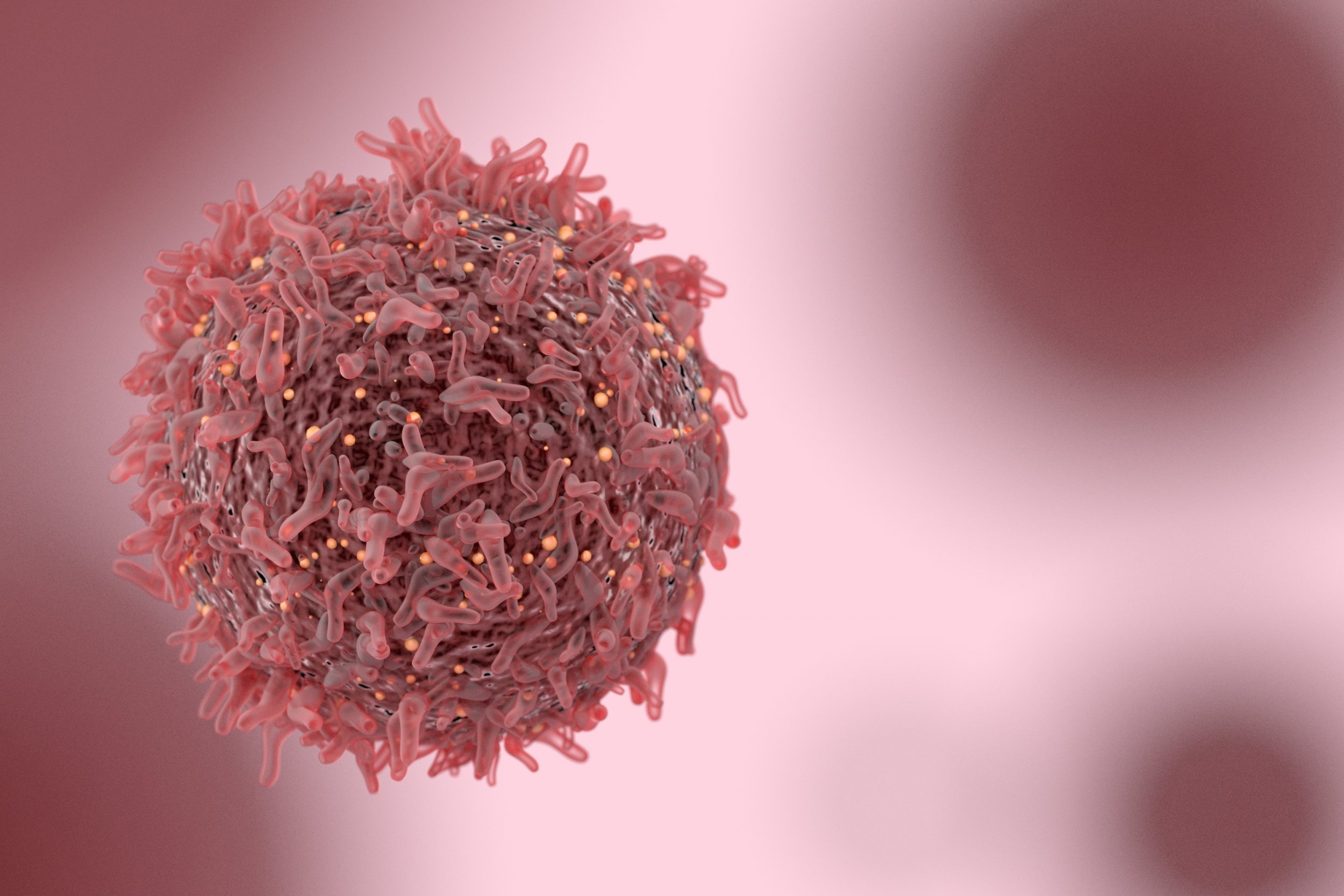
Scientists have discovered compound that could freeze cancer cells in their tracks and stop them from spreading, potentially making them easier to kill, according to research published in the journal Nature Communications.
While treating the disease requires destroying cancerous cells, halting their spread around the body—a process known as metastasis—is just as important. The majority of cancer therapies today, however, are designed simply to kill the cells, according to Raymond Bergan, a professor of medicine at Oregon Health & Science University (OHSU), who is leading the research.
The lack of treatments designed to halt cancer's movement is an issue Bergan and his team at OHSU—in collaboration with colleagues from Northwestern University, the University of Chicago, the University of Washington and Xiamen University, China—are trying to address.
"For the vast majority of cancer—breast, prostate, lung, colon and others—if it is detected early when it is a little lump in that organ and it has not spread, you will live," Bergan said in a statement. "And generally, if you find it late, after it has spread throughout your body, you will die."
"Movement is key: the difference is black and white, night and day. If cancer cells spread throughout your body, they will take your life. We can treat it, but it will take your life."
Since 2011, the researchers have been trying to develop a drug that controls the spread of cancer. In their experiments, they identified one compound in particular—known as KBU2046—which was found to inhibit cell mobility in four different types of cancer (breast, colon, lung, prostate).
The compound works by engaging specific proteins that clean cells. By bindings to these proteins, the substance inhibits their mobility without any side effects—an unusual mechanism that the scientists have spent years trying to understand.
Ultimately the goal of the research is to develop a therapy that can be administered to patients in the early stages of the disease in order to prevent the cancer metastasizing, when it becomes far more difficult to treat.
"Our eventual goal is to be able to say to a woman with breast cancer: here, take this pill and your cancer won't spread throughout your body," Bergan said. "The same thing for patients with prostate, lung and colon cancer."
To date, the compound has only been tested in models of human cells and so an approved drug based on it is still a long way off. The team are currently raising money to fund further studies and have founded a company, Third Coast Therapeutics, to help realize their vision.
Carl Alexander from Cancer Research U.K. who was not involved in the research, said: "This study has found a potential new drug that may prevent cancer cells from spreading. Most cancer deaths are caused by spread of the disease, so drugs that can stop this could improve patient survival for many different cancer types."
"The researchers carried out this study in cells and mice, and more work is needed to show that it could effectively treat cancer patients. Early drug discovery projects like this are essential for finding new ways to treat patients."
Uncommon Knowledge
Newsweek is committed to challenging conventional wisdom and finding connections in the search for common ground.
Newsweek is committed to challenging conventional wisdom and finding connections in the search for common ground.
About the writer
Aristos is a Newsweek science reporter with the London, U.K., bureau. He reports on science and health topics, including; animal, ... Read more
To read how Newsweek uses AI as a newsroom tool, Click here.








